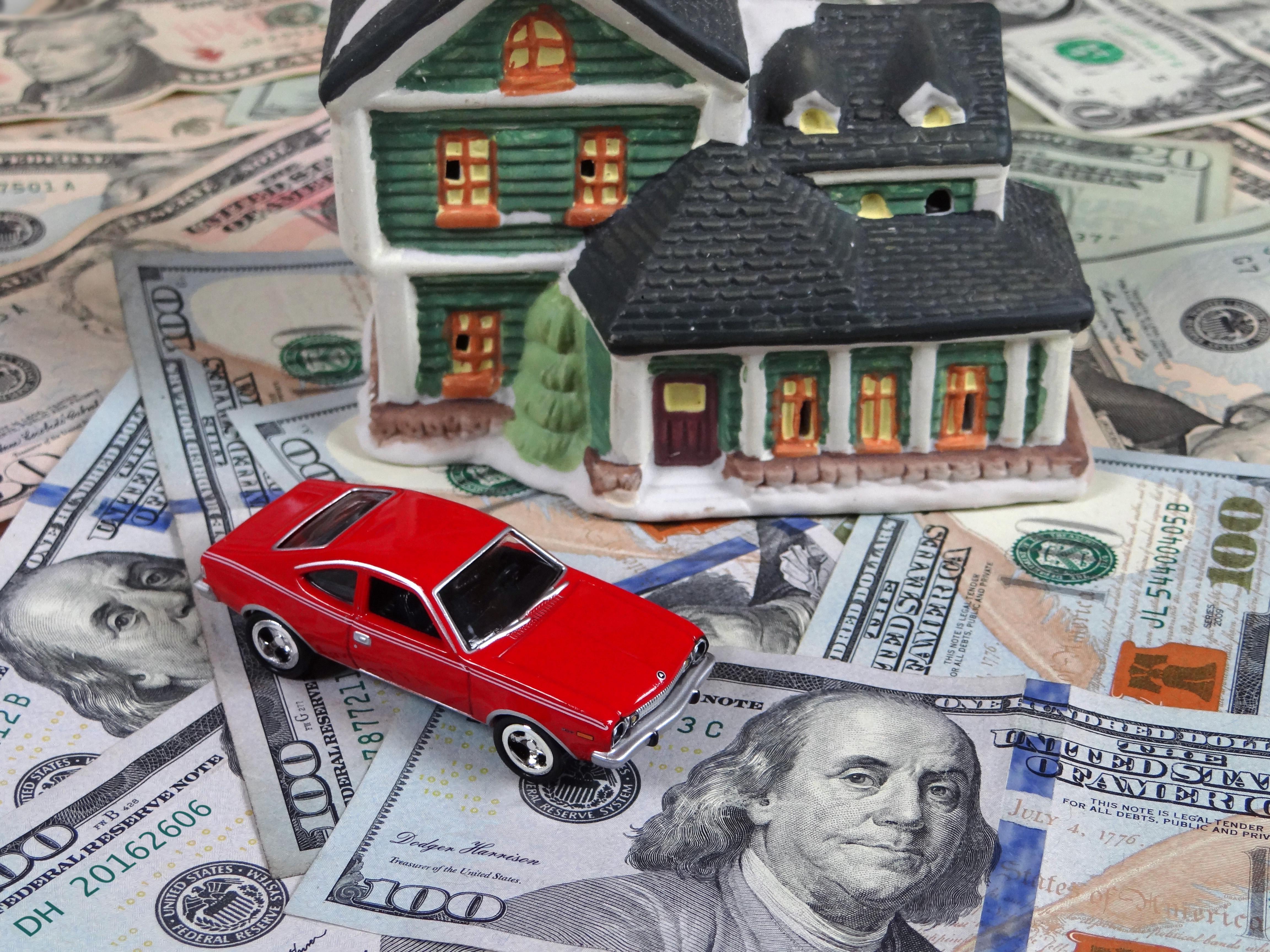
08 Aug Should I buy or lease a car?
Photo: DodgertonSkillhause/morguefile.comQ. Decades ago, it was said that buying a car with cash was always the cheapest choice and leasing was the most expensive. With today’s low interest rates, is that still true? And that’s the benefit for the car dealer to lease other than getting the customer back in the showroom every three years?
— Driver
A. The difference between buying versus leasing your next vehicle can be the difference of tens of thousands of dollars over a lifetime.
Auto expenses can be one of your biggest annual expenses, so there is a lot to consider.
Most buyers only focus on their monthly payment fee and therefore lean towards leasing, said James Shagawat, a certified financial planner with Baron Financial Group in Fair Lawn.
But it is important to remember that monthly payments are only one part of the cost to having a car.
If you compare the cost of leasing to buying a new car for the first few years, leasing looks like a better deal, Shagawat said.
However, leasing is like buying the depreciation of an automobile.
“A 2- or 3-year-old car is worth about half as much as it would cost new,” Shagawat said. “So in reality, you are paying the dealer’s new car price plus interest for the first couple of years — when the vehicle depreciates the most.”
He said you should always read the fine print on the lease and you will frequently see that when you get to the end of the leasing period, you will be charged for excess mileage, wear and tear fees, and other hidden fees.
Also look to see if the lease extends longer than the warranty on the vehicle to prevent having to pay to fix issues on a vehicle that you don’t actually own.
Unless you are in a career that requires you to be driving a new car every two or three years, you should consider buying instead of leasing, Shagawat said. It’s the long-term expenses, not just your monthly payment, that can cost you a lot of money.
He said leasing a vehicle means you don’t own the car, so there is no residual fee.
The monthly payments on the lease will never stop. If you buy a car and finance it, payments will eventually stop, he said.
There are also restrictions on mileage.
“If you exceed the limit, you’re charged extra fees. If you drive under the limit, you essentially pre-paid for unused miles and there isn’t a credit for this,” Shagawat said. “The dealer would often then say they’ll waive all those fees – if – you lease again through them.”
Your choice then is to pay fees and hand over the car or sign with another leased vehicle and then the cycle continues, he said.
Leasing a car does have some attractive qualities, said Victor Cannillo, founder of Baron Financial Group.
Cannillo said if being in touch with the newest technology is very important to you, leasing can be very appealing. And if you are going to use the vehicle for business, there are opportunities for tax-breaks, he said.
On how the dealer benefits from a lease?
If you ask a dealer, their take on leasing is often that one can “afford” to drive almost any car of their choosing by simply making monthly payments, Shagawat said.
“This all sounds good, but ultimately, leasing can wind-up costing you more money in the long-run,” he said.
If you do decide to lease, Cannillo said, leasing with the intention to buy may be a better option in regards to end-of-lease issues.
Some good advice is to look beyond the monthly payment of leases and look at your long-term cost of ownership. If you buy a 1- to 3-year-old and finance it for say 36 months, the numbers will be in your favor.
If you plan on keeping your vehicle for a number of years, buying your vehicle is the most economical choice long-term, the advisors said.
Email your questions to Ask@NJMoneyHelp.com.
This post was first published in August 2016.
NJMoneyHelp.com presents certain general financial planning principles and advice, but should never be viewed as a substitute for obtaining advice from a personal professional advisor who understands your unique individual circumstances.
